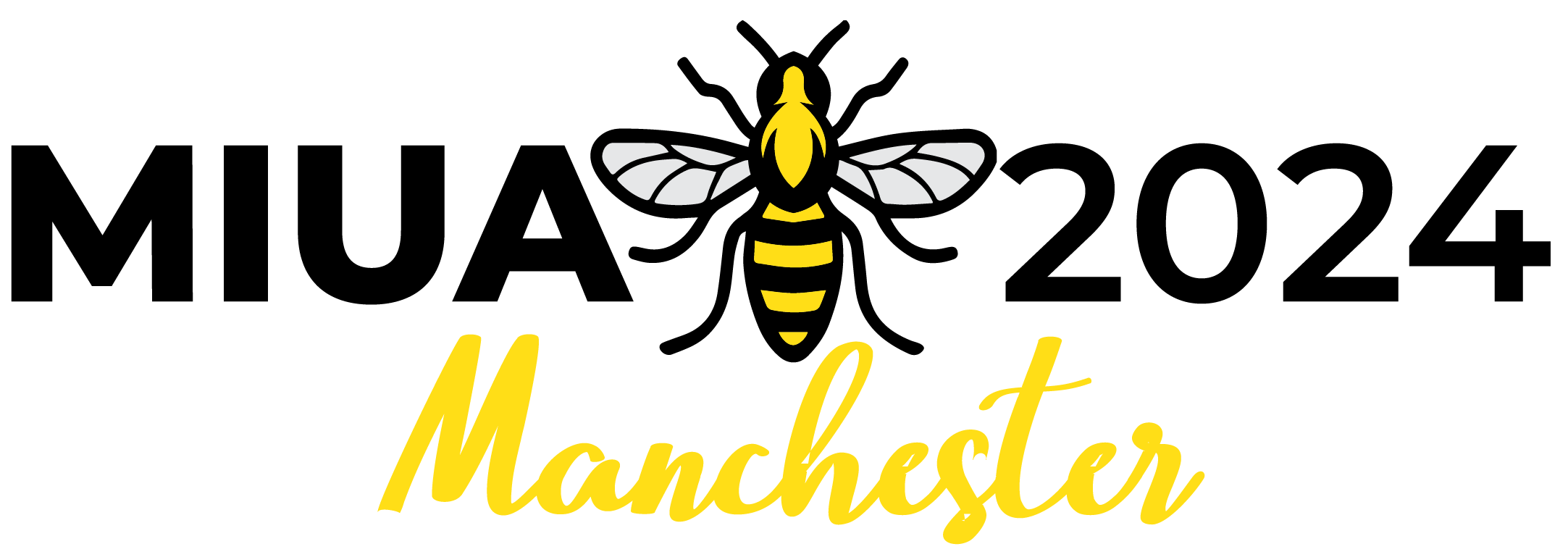The Alignment Problem in Medicine
The exploration of the alignment problem in medical AI is crucial for ensuring that these technologies are not only effective but also ethically sound, trustworthy, and safe for all stakeholders involved. This topic is integral to the broader objectives of MIUA 2024, as it delves into the core challenges and opportunities presented by image-based diagnosis in healthcare. Incorporating case studies and practical examples would provide a real-world context to these discussions, illustrating both the challenges and successes in aligning diagnostic AI with human values in healthcare. This approach not only highlights the theoretical aspects of the alignment problem but also demonstrates tangible solutions and best practices. Furthermore, this topic encourages collaborative discourse among healthcare professionals, AI researchers, ethicists, and policymakers. Such interdisciplinary dialogue is vital for developing AI applications in medicine that are both technologically advanced and ethically responsible. Ultimately, addressing the alignment problem in medical AI within the framework of MIUA 2024 would ensure that image-based AI technologies not only enhance healthcare outcomes but also align technological innovation with the core ethos of medicine.
Scope and topics:
In image-based diagnostic medicine, the alignment of AI systems with human values necessitates a nuanced approach, particularly considering the asymmetric consequences of diagnostic decisions. This involves integrating complex ethical principles and addressing the diverse impacts of AI-driven outcomes in medical imaging. The challenge lies in quantifying these inherently subjective human values and embedding them into AI algorithms. This requires a sophisticated understanding of ethical frameworks in healthcare and their application in AI development. The asymmetric consequences of AI decisions are a critical concern. False positives can lead to unnecessary treatments and patient anxiety, while false negatives may result in missed diagnoses with severe health implications. AI systems must therefore be calibrated to minimize these risks, considering the varying severity and impact of different types of diagnostic errors. Transparency is also imperative in AI-driven diagnostics and demands that AI algorithms be interpretable by healthcare professionals, enabling them to understand and critically evaluate AI recommendations. This transparency is crucial for informed decision-making in clinical settings. Accountability in AI diagnostics involves establishing clear responsibilities for AI-induced errors. This includes developing robust governance frameworks that delineate the roles and responsibilities of AI developers, healthcare providers, and regulatory bodies. Finally, addressing biases in AI systems is essential to ensure equitable healthcare outcomes. This involves rigorous testing of AI algorithms across diverse datasets to mitigate biases and prevent disproportionate impacts on certain patient groups.
Organisers
- Prof. Harald Kittler, Vienna Dermatology Imaging Research Group, Medical University of Vienna, Vienna, Austria.
- Dr. Veronica Rotemberg, Memorial Sloan Kettering Cancer Center, New York City, US.
- Prof. Moi Hoon Yap, Department of Computing and Mathematics, Manchester Metropolitan University, UK.
- Prof. Joanna Jaworek-Korjakowska, Department of Automatic Control and Robotics, AGH University, Cracow, Poland.
- Prof. Catarina Barata, Department of Electrical and Computer Engineering, Instituto Superior Técnico (University of Lisbon), Portugal.
- Dr. Josep Malvehy, Institute of Medicine and Dermatology, Hospital Clinic of Barcelona, Barcelona, Spain.
